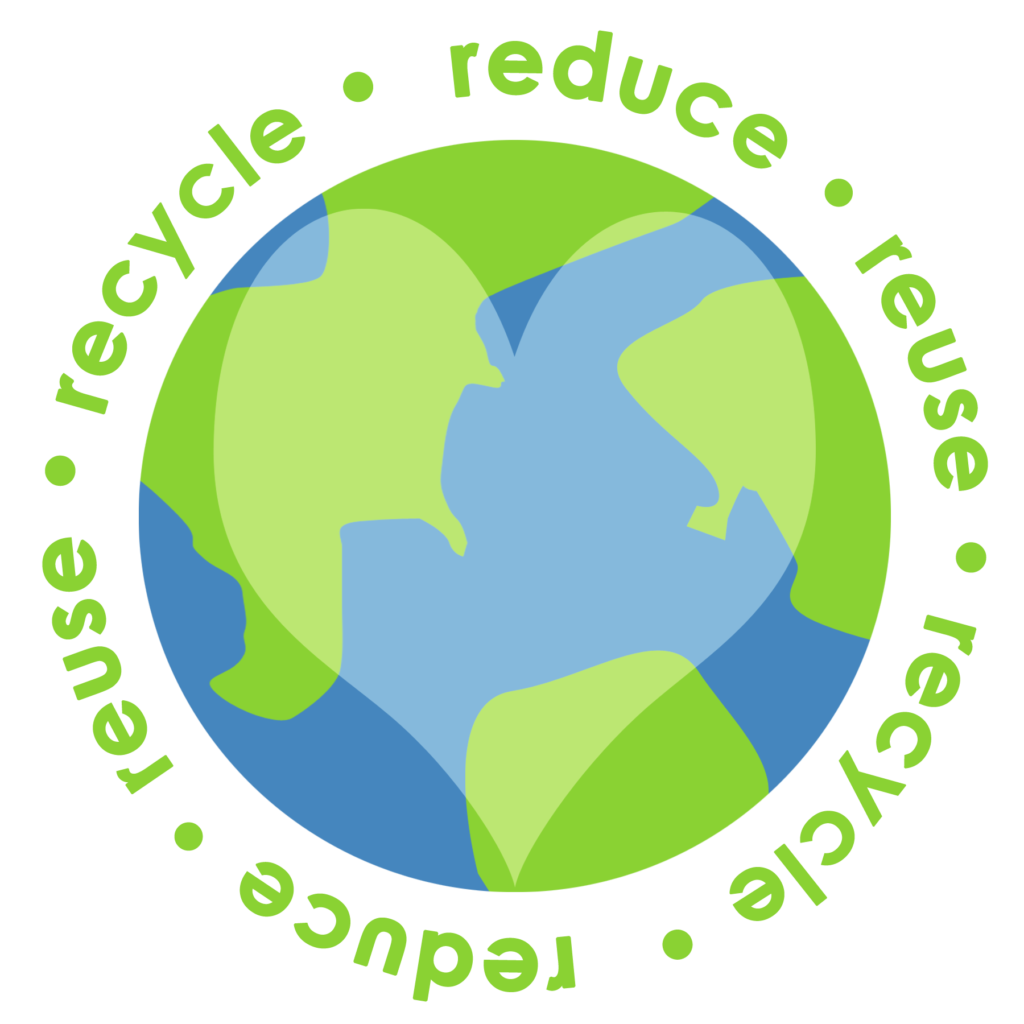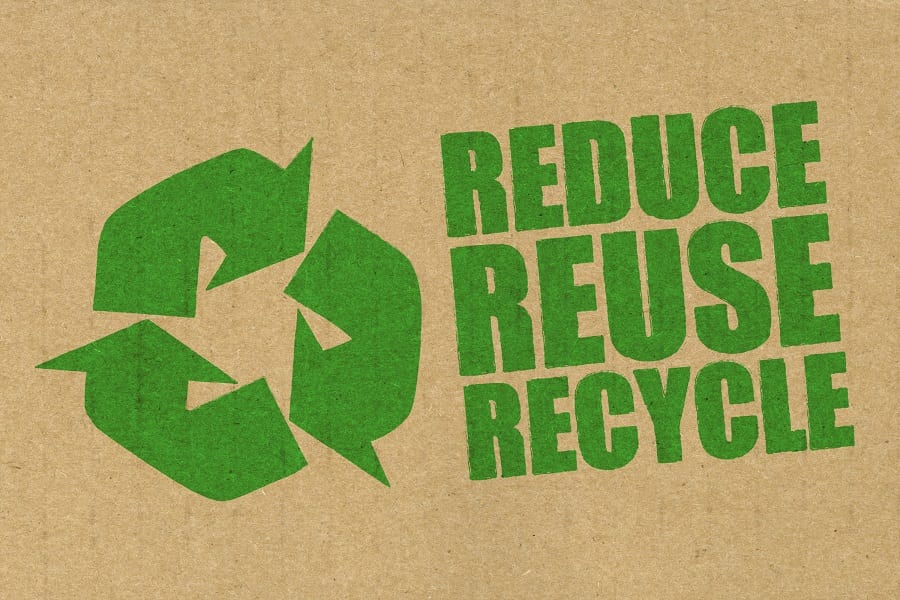As the world continues to be blighted by COVID19, climate and environmental concerns have been put out of mind. Yet the environmental emergency is getting worse: Amazonian forest being destroyed faster than ever, as is the forest in the Congo basin in Africa; fires are burning in the Arctic Tundra forest in northern Russia; the ice at both poles is melting faster than ever; glaciers around the world are in retreat and many have disappeared -Africa’s last glacial ice – Mount Kilimanjaro in Tanzania, Mount Kenya, and the Rwenzori Mountains bordering Uganda and the DRC, will have gone by 2030. [https://www.livescience.com/41930-kilimanjaro-glaciers-shrinking.html]
Closer to home, while there are no glaciers in Ethiopia to measure the warming climate, I do remember in years gone by, water freezing on my windscreen when cars were washed in the early morning, but temperatures never get that low now. Average temperatures are definitely on the increase in Ethiopia, we all notice in the hot months in Addis how much hotter it is becoming.
Ethiopia’s National parks are increasingly under threat and its wildlife is really hugely at risk. Last year the fires in the Simiens were very serious, but each year the Bale Mountains suffer a huge loss of forest and vegetation through fires started by local people who want to graze their animals in the park. Encroachment is also a major problem, as settlements grow in Bale. Without strong action by park authorities working with the local communities this will get worse each year. If you recall the shocking news – at least 6 elephants were killed at the end of May in Mago National Park in one day. Non-park areas are also threatened, community conservation areas like Abuna Yoseph outside Lalibela, are threatened by ploughing higher and higher and yet more grazing. Remaining stands of indigenous forest like Wof Washa in North Shoa are threatened as locals look to extract valuable timber (sadly it has no value as a standing tree even though it is locking-in the carbon). Roads get pushed through without thought to the consequences that this easy access is giving. At this time of COVID19, the authorities are even less active, and local people will take advantage of the weakness, and with tourist revenue down to zero, what incentive do they have to protect the environment?
I am sure we all see the little things that get worse around us :- the big ants seem to have gone from our neighbourhood in Addis; bees seem to be less; these are the small little signs that warn us that things are not right. Rivers are also polluted with plastic rubbish and drains become blocked, causing water to well up into the street. With COVID19, additional elements join the rubbish: face-masks thrown away, protective gloves too, and cafes and restaurants are using disposable cups and cutlery to mitigate against the tiny risk of passing the virus from washed cups or spoons etc.
Yet few people here in Addis seem concerned with pollution issues. People happily ask for another plastic bag for convenience, few bring their own reusable bags. How many people throw rubbish out of their car window. Yet we are standing on the edge of a precipice looking down at a future world that will be unrecognisable as the planet earth. This will be a world without the Simien Wolf and without the Walia Ibex! Wild elephants – forget it – they will be gone forever. The National parks will become damaged and increasingly vegetation will be eroded. Heat in the cities will become unbearable, and water will become in shorter and shorter supply. Huge storms will become more frequent, with larger hailstones and increasing flood damage. It used to be a case of worrying that we would leave nothing for our children, but now we see that it will increasingly impact on our lives (assuming we live a few more years).
So why not take your own mug to the coffee shop, even knife & fork? Get a big shopping bag and use it, bring some plastic containers to receive food in, find ways to cut out the waste. We have to change before it’s too late for our kids and for us!


